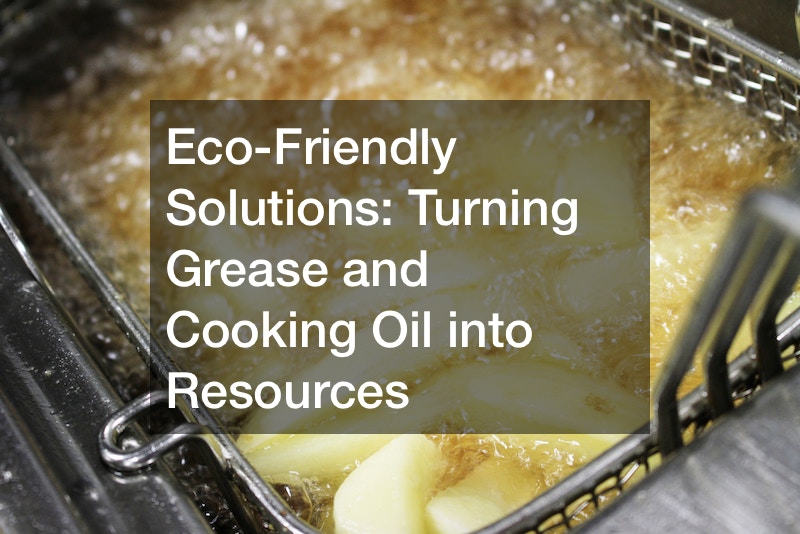
In the modern age, the environmental impact of oils and greases from cooking and food establishments cannot be ignored. Let us shed light on the multitude of problems these waste products cause, from environmental and health issues to economic challenges.
Local regulations, such as Dubai Municipality’s order, underscore the importance of installing and routinely cleaning grease traps in food establishments. The municipality has taken additional steps by partnering with private cleaning companies to manage the transportation and treatment of residual waste. This waste undergoes a chemical process, illustrating how food waste, including oils and grease, can be transformed into valuable resources.
The process generates essential materials like vegetable oils, solid matter, and water suitable for irrigation. The potential for recycling these by-products to create fuel, fertilizers, and other essential products is high, contributing to a more sustainable and eco-friendly approach to waste management.
In this context, businesses are encouraged to collaborate with oil recycling companies to ensure responsible waste disposal. These companies play a vital role in properly handling and processing cooking waste, aligning with environmental regulations and fostering a greener, more sustainable future.
Amidst mounting environmental challenges posed by cooking waste, it becomes imperative for communities and businesses alike to embrace sustainable solutions. As we forge the path toward a greener future, our collaborative efforts will create a healthier planet for generations to come.
.

